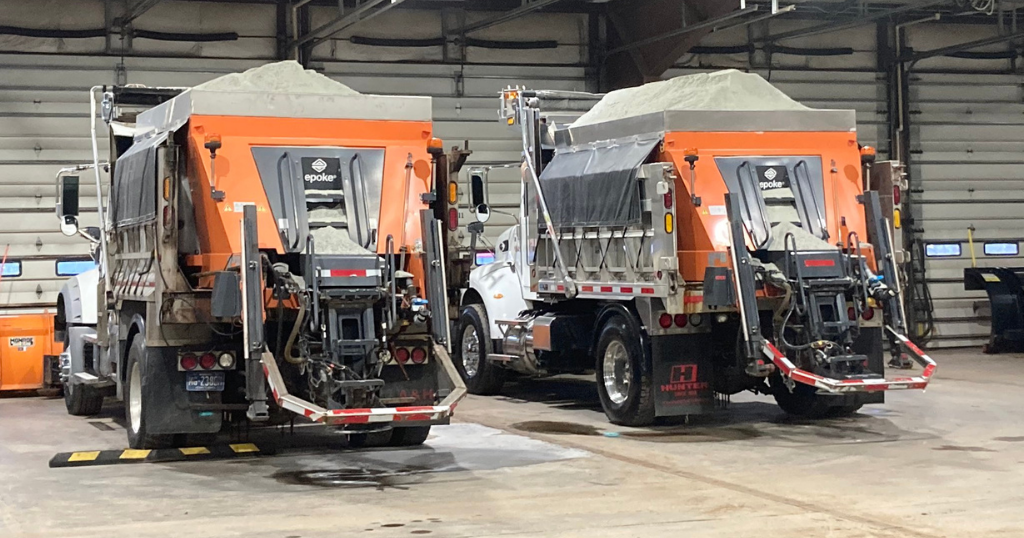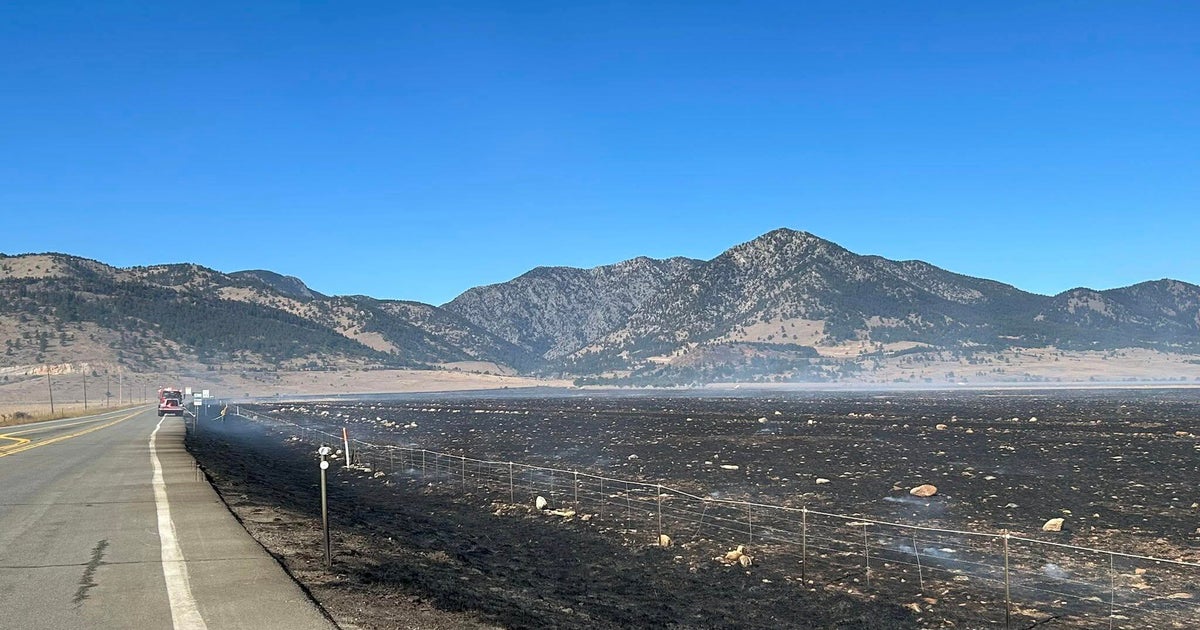Why Don't MnDOT Crews Work Around The Clock?
MINNEAPOLIS (WCCO) -- Starting Friday night, MnDOT will close the main entrances from Interstate 35W in and out of downtown for four months.
For some drivers, that will seem like a very long time.
So, Jeremy from Cambridge and Brett from Minneapolis wanted to know: Why don't MnDOT crews work round the clock?
"They do work on nights and weekends," says MnDOT spokesperson Kirsten Klein. "It actually happens more often than you see."
She says MnDOT crews work on guardrails, bridges and busier areas where they can't reach during the weekdays. She pointed to recent weekend closures to demolish a bridge along Interstate-35W.
"But it doesn't happen all the time and there are several different factors that go into that," she says.
Klein says the first consideration is cost, especially when it comes to labor.
Often, weekend shifts are 12 hours long, so overtime pay could increase costs. She also says the projects are staged far in advance to be most efficient with the crews they have.
"There's not enough people and even if we added a whole bunch of people on a project, they might still be jockeying for space," she says.
Klein also says MnDOT has to take the added cost of lighting and safety issues that come with working at night.
When examining a project, MnDOT says it must consider the impact of the people living in that area.
"Night time noise can be really annoying," she says. "We get a lot of complaints when we do night time work, even if it's just a couple of days or a weekend."
Finally, logistics come into play because not everyone else works 24 hours.
"If they're going to pick up aggregate from a pit somewhere, they might not be open, so they can't get the material they need," Klein says.
According to Klein, MnDOT has to weigh the costs and benefits of staffing and staging these projects years in advance.
"We do plan ahead and try to make the least amount of impact on people," she says.







